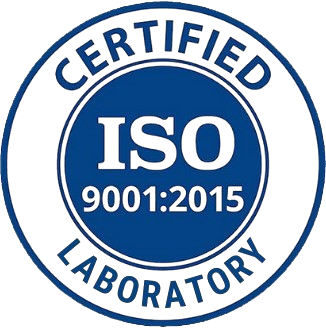
Electrochemistry is a truly multidisciplinary science which can be applied to a variety of fields within the physical, chemical and biological sciences. The field of electrochemistry represents an important area of modern research which unified the studies of electricity and chemistry. In essence electrochemistry is concerned with the reaction of a chemical species at the interface between an electron conductor and an ionic conductor where there is a transport of charge between the chemical species and the electrode. The applicability of electrochemistry and the electrochemical processes are relevant to a variety of broad areas are highlighted such as energy conversion and storage, electrosynthesis, corrosion and electroanalytical chemistry which is only a selection of many topics currently being investigated in the field. Electroanalytical chemistry is a branch of analytical chemistry that uses electrochemical techniques to study an analyte in solution. This can encompass traditional analyte detection and quantification through established methods of coulometry, potentiometry and voltammetry but also mechanistic studies of electrochemical oxidation/reduction processes at the macro or indeed atomistic or molecular level by use of sophisticated instrumentation, novel nanomaterials and appropriate theoretical modelling. A particularly successful demonstration of an electroanalytical device is the glucose biosensor which relies on the use of an immobilized enzyme (glucose oxidase) on an electrode surface to facilitate glucose detection. The area of electrochemical sensing is vast from heavy metal ion sensing to detecting neurotransmitters. The research team of Laboratory of Nano-bio and Advanced Materials Engineering has been developed various type of electrochemical sensing pathway for detecting various substance such as Biomolecules, heavy materials, neurotransmitter, antibiotics and pesticides. The aim of the research group is to develop nanomaterials- based electrochemical sensors for sensitive and selective determination of biomolecules, heavy materials, neurotransmitter, antibiotics and pesticides, etc. Our team has made pioneering contributions towards the developing electrochemical sensor for monitoring organophosphate pesticide in vegetables, melamine in milk, 3rd generation antibiotic ceftizoxime in urine.


